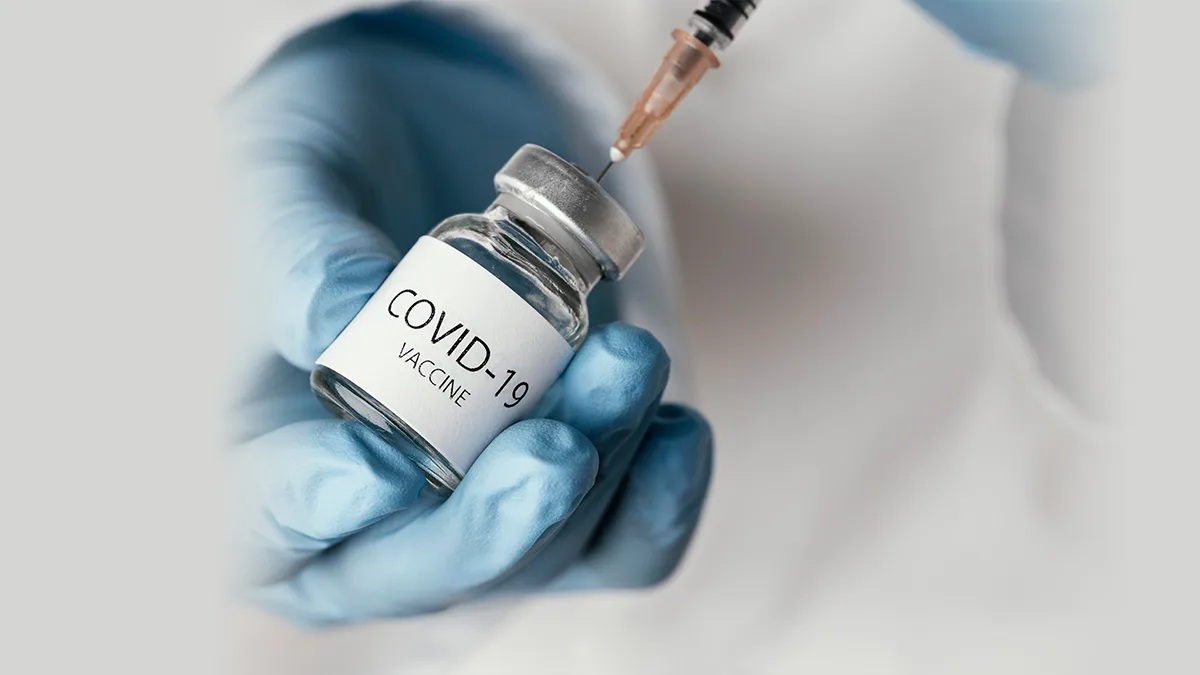July 2024- People who have received solid organ transplants and take immunosuppressant medications to prevent rejection are among those most susceptible to the damaging effects of COVID-19, including breakthrough infections, severe illness, hospitalization and death. Particularly dangerous for them has been the XBB.1.5 subvariant of the omicron strain of SARS-CoV-2, the virus that causes COVID-19. That’s because XBB.1.5 possesses a genetic mutation that enables it to more effectively bind with cells it attacks, and therefore, make it more transmissible than earlier SARS-CoV-2 strains.
In a study published in the journal Clinical Infectious Diseases, a Johns Hopkins Medicine research team reports that for XBB.1.5, there is good news for solid organ transplant recipients (SOTRs) and other immunocompromised people who receive regular booster doses of a messenger RNA (mRNA) bivalent vaccine (a vaccine designed to enhance immunity to a variety of SARS-CoV-2 strains).
“We found that a SOTR’s ability to neutralize XBB.1.5 wanes at about three months following the first bivalent booster shot, but improves with a second booster to about the previous level,” says study senior author Andrew Karaba, M.D., Ph.D., assistant professor of medicine at the Johns Hopkins University School of Medicine and an infectious diseases expert with the Johns Hopkins Transplant Research Center. “This indicates that repeated boosting within six months may play a role in reducing infections, particularly among populations at highest risk, such as SOTRs.”
Bivalent mRNA vaccines, such as the ones used in this study, introduce the body’s immune system to spike proteins found in different strains of SARS-CoV-2. Found on the surface of the virus, the spike protein enables the virus to latch onto healthy cells and infect them. Antibodies, produced by the immune system in response to spike proteins in a bivalent vaccine, neutralize the virus particles. This, in turn, prevents infection or, at least, reduces the severity of the disease.
Also Read: Did COVID-19 Erase a Decade of Progress in Global Life Expectancy?
“Previous studies have shown that for immunocompromised populations — such as SOTRs taking immunosuppressant medications to lower the risk of organ rejection — a single bivalent vaccine boosted virus neutralization, but the duration of that boost was unknown,” says study co-author William Werbel, M.D., Ph.D., also an assistant professor of medicine at the Johns Hopkins University School of Medicine and an infectious diseases expert with the Johns Hopkins Transplant Research Center. “What we wanted to learn was how long the boost lasted and if a second booster would build that immunity back up.”
The researchers found that the amount of circulating antibody and, in turn, virus neutralization, significantly increased by one month after the first bivalent booster for both the BA.5 and XBB.1.5 strains of SARS-CoV-2. However, this dropped sharply to nearly the pre-booster levels at three months, and even more so at six months.
“Our findings indicate that repeat boosting with omicron-containing vaccines may improve protection against COVID-19 among SOTRs, but more frequent boosting — every three to six months — appears necessary to maintain neutralizing ability against the more recent omicron subvariants, such as BA.5 and XBB.1.5,” says Karaba. “We believe this is especially important for SOTRs and other immunocompromised groups, and particularly for those who do not have hybrid immunity.’’



















